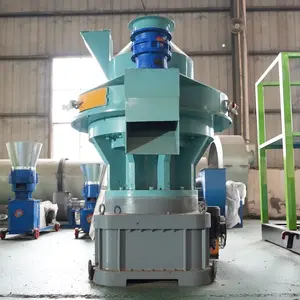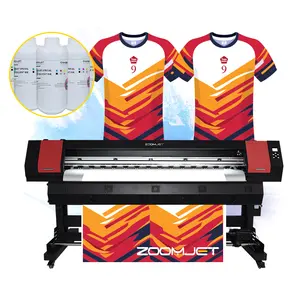Popular in your industry







































































Top categories
About automatic fire wood machine
Introduction to Automatic Firewood Processing Machines
Automatic firewood processing machines are innovative pieces of equipment designed to streamline the process of cutting and splitting firewood efficiently. These machines are essential for businesses involved in firewood production, helping them increase productivity and meet the demands of customers effectively. One of the key machines in this category is the automatic fire wood machine, which automates the cutting and splitting of firewood, saving time and labor costs.
Technical Specifications of Automatic Firewood Processing Machines
The automatic fire wood machine typically comes with advanced features such as automatic log feeding, cutting, and splitting mechanisms. These machines are powered by robust engines with power capabilities ranging from 20-50 hp, enabling them to process large volumes of firewood quickly. They have a cutting capacity of up to 24 inches in diameter and can produce various sizes of firewood pieces, making them versatile for different customer needs.
Benefits of Using Automatic Firewood Processing Machines
Investing in an automatic fire wood machine offers numerous benefits to businesses. Firstly, these machines significantly increase productivity by automating the wood processing tasks, reducing manual labor and time consumption. Additionally, they ensure consistent quality in the firewood products, leading to higher customer satisfaction and retention. Moreover, these machines improve workplace safety by minimizing the risks associated with manual wood cutting and splitting.
Features of Automatic Firewood Processing Machines
Automatic firewood processing machines are equipped with a range of cutting-edge features to enhance efficiency and performance. They often include adjustable cutting lengths, automated log positioning systems, hydraulic log lifters, and safety mechanisms to prevent accidents. Some models also come with customizable settings for different wood types and sizes, catering to the specific requirements of users.
Choosing the Right Automatic Firewood Processing Machine
When selecting an automatic fire wood machine, it's essential to consider factors such as production capacity, power efficiency, maintenance requirements, and after-sales support. Buyers should assess their business needs, the volume of firewood to be processed, and the available space for the machine. It's advisable to choose a machine from a reputable manufacturer with a track record of producing high-quality and reliable firewood processing equipment.
Use Scenarios for Automatic Firewood Processing Machines
Automatic firewood processing machines find applications in various settings, including commercial firewood businesses, forestry operations, landscaping companies, and agricultural establishments. These machines are ideal for processing large quantities of firewood for sale, heating, cooking, and other purposes. They are versatile tools that can adapt to different wood types and sizes, providing flexibility in production.
Maintenance of Automatic Firewood Processing Machines
To ensure the longevity and optimal performance of an automatic fire wood machine, regular maintenance is crucial. This includes cleaning the machine after use, inspecting and lubricating moving parts, checking hydraulic systems for leaks, and replacing worn-out components as needed. Following the manufacturer's maintenance guidelines and scheduling routine servicing can prevent breakdowns and prolong the machine's lifespan.
Conclusion
In conclusion, automatic firewood processing machines such as the automatic fire wood machine are indispensable assets for businesses in the wood processing industry. By investing in these advanced machines, companies can boost efficiency, increase productivity, and deliver high-quality firewood products to their customers. Understanding the technical specifications, benefits, features, and maintenance requirements of these machines is essential for making informed purchasing decisions and maximizing their utility in the business environment.




























